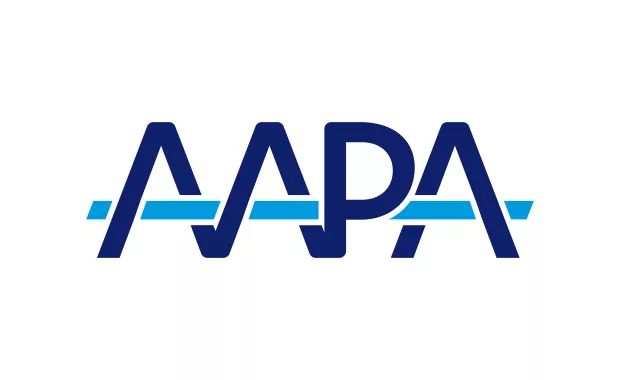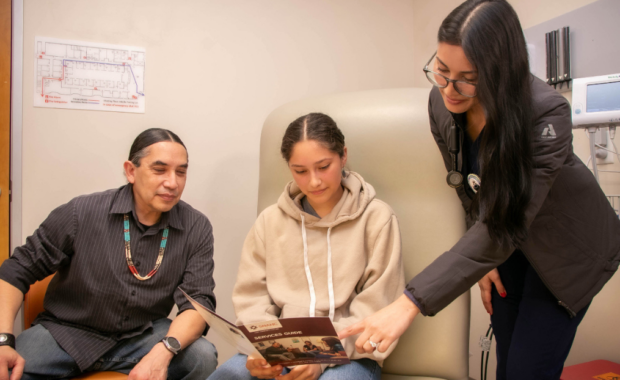PAs in Nephrology Get Creative with Kidney Health
World Kidney Day Brings Recognition to Chronic Kidney Disease
March 11, 2021
By Hillel Kuttler

Becky Ness’s patient was in seemingly excellent health when a routine illness in 2016 resulted in kidney failure. The woman went on dialysis. Further evaluation revealed a previously undiagnosed genetic disorder that made her more susceptible to kidney disease. Six months later, she underwent a kidney transplant.
The patient “fully embraced” her providers’ instructions and thereby “motivated other patients,” said Ness, PA-C, DFAAPA, incoming chair-elect of the National Kidney Foundation’s (NKF) Council of Advanced Practitioners.
The patient, who continues to do well, “had a great impact in fueling my passion to help patients with kidney disease,” Ness said.
While that case was an outlier, World Kidney Day, on March 11, offers opportunities to bring attention to kidney disease and to PAs’ roles in patient care.
[AAPA 2019 CME Acute Kidney Injury…Kidneys Gone Bad with speaker Becky Ness]
15 percent of adults with CKD
The NKF estimates that 30 million Americans, 15 percent of the U.S. adult population, have chronic kidney disease (CKD). Of those in stage 4, with severely reduced kidney function, nearly half are unaware that they even have CKD.
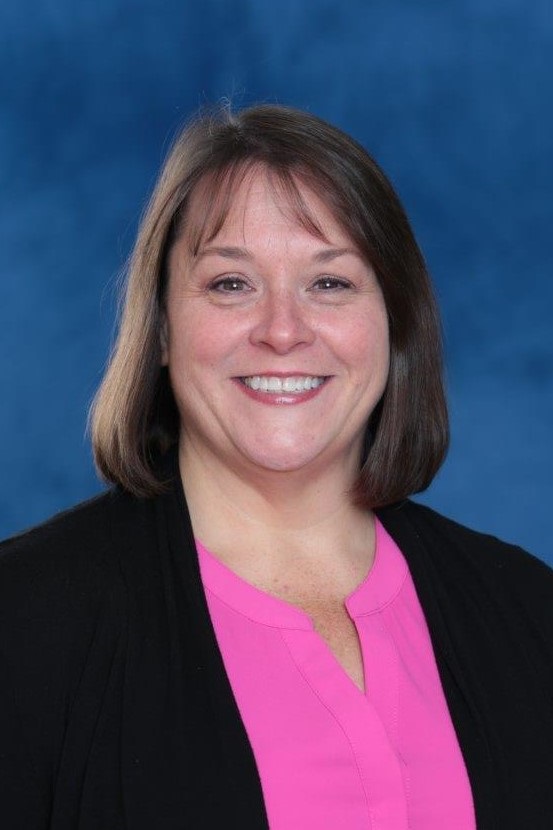
Diabetes and hypertension remain the leading causes of CKD, but many patients and providers are not sufficiently aware of the linkage, said Marlene Shaw-Gallagher, PA-C, a University of Detroit Mercy PA Program assistant professor.
Shaw-Gallagher received an NKF grant for a follow-up study of primary care providers who conducted six interventions for diabetic patients: checking for protein in the urine, checking the hemoglobin A1C to control blood sugar, checking the glomerular filtration rate, statin therapy, avoiding nephrotoxic medications, and smoking cessation.
Shaw-Gallagher said she found that the interventions “can be sustained over time” to address kidney disease. Her research will be published in JAAPA this spring.
“That’s the first line of defense,” Shaw-Gallagher said. “By the time [patients] get to a nephrologist, the kidney disease is fairly advanced. Good control of diabetes and hypertension can help prevent damage to the kidneys.”
[AAPA’s Diabetes Leadership Edge]
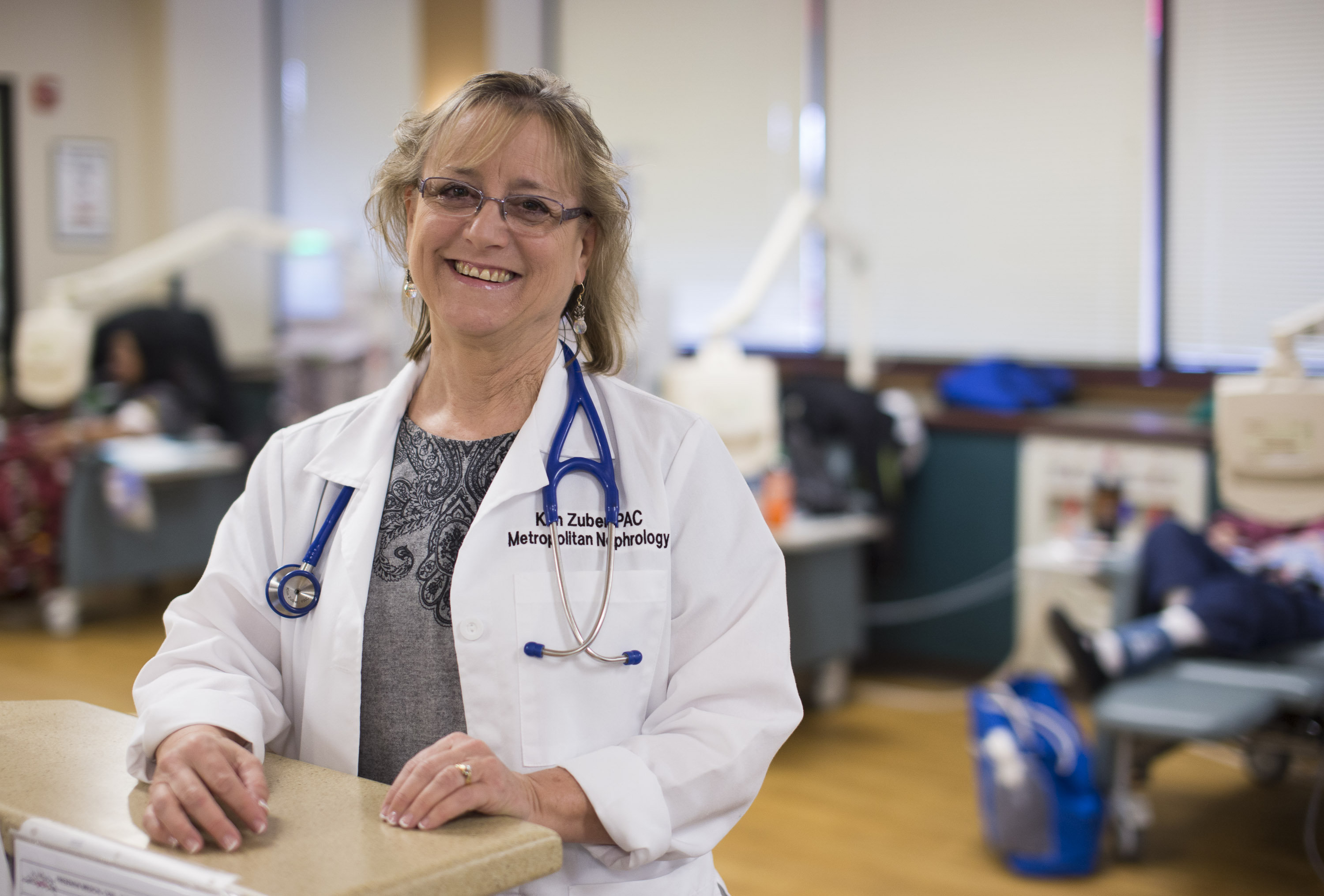
Pay attention at early age
Attention must be paid early, said Kim Zuber, PA-C, DFAAPA, executive director of the American Academy of Nephrology PAs, an AAPA specialty organization which includes 300 members, and a PA in the specialty.
When her daughter was in second grade, Zuber was approached by a classmate’s mother. The mother had a genetic condition, autosomal dominant polycystic kidney disease, and was concerned that the family’s pediatrician wasn’t monitoring the girl’s blood pressure. The mother insisted that the blood pressure be checked. It was found to be high for the daughter’s age, weight, and height.
“It’s simply a lack of knowledge” in many medical professionals, “because kidney disease seems to go under the radar so often,” Zuber said.
At the other end, some practitioners possess additional qualifications for treating kidney patients.
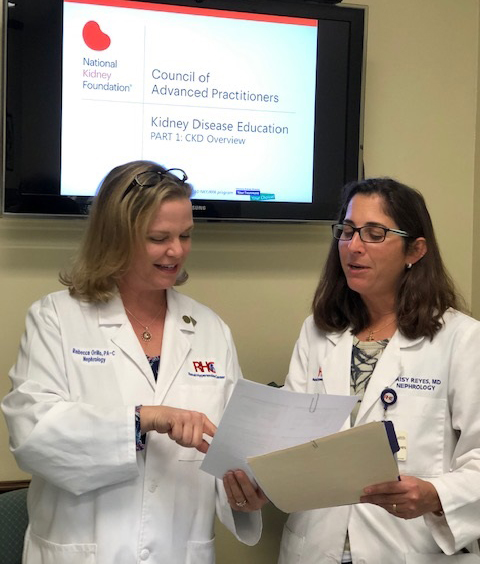
Rebecca Grillo’s early career as a dietitian has helped her as a PA in a renal hypertension practice in Florida. A 2016 National Health and Nutrition Examination Survey found that nearly 100 million American adults are affected by overweight, 70 percent of whom have obesity. Grillo, PA-C, sees an improved diet as vital to prevent diabetes and hypertension – and kidney disease.
[AAPA 2019 CME Hypertension in Chronic Kidney Disease with speaker Denise Link]
“It’s all wrapped in one big bundle,” she said.
Promote gradual behavioral changes
Grillo promotes gradual changes in behavior to build patients’ confidence in taking further steps to improve their health. She encourages some people to make extra round-trip strolls to the mailbox, teaches others to read nutrition labels on grocery items, and encourages abstinence from fast food with its high sodium content.
“It’s setting people up for success,” she said. “A huge portion of what I do as a PA falls back on nutrition. A lot of it really is preventive medicine.”
San Antonio’s Audie L. Murphy Memorial VA Hospital nephrology department takes a multidisciplinary approach. It integrates renal pharmacists in managing the care of patients with diabetes and CKD, and prescribing immunosuppression medications for transplant patients.
“With kidney patients, it’s a team effort,” said Karen Burchell, PA-C, DFAAPA, a PA at Murphy Memorial.
Creative kidney health through nutrition
In the nephrology department of the University of Michigan’s hospital, where Shaw-Gallagher also works, she and her colleagues creatively promote kidney health through nutrition. Sometimes on World Kidney Day, the department hires a chef to prepare chicken and pasta dishes and desserts with low potassium, phosphorous, and sodium. Kidney patients sampling the fare understand that delicious food can be healthy, Shaw-Gallagher said.
The chef has received two kidney transplants.
Grillo’s practice also promotes good kidney health.
That includes launching what Grillo calls a “medical nutrition therapy” component of an educational program on kidney disease. Each patient attends two monthly group sessions on the disease’s basics and what to do if one’s kidneys begin to fail. Individual consultations on modifying diets follow.
Patients “are just starved for reliable nutrition information,” and some even request to meet dialysis patients and those who have undergone transplants, Grillo said. The meetings help them face “their fear of the unknown,” she added.
Proper hydration also is vital, said Zuber. She expressed alarm at national increases in kidney disease among those as young as age 20. Obesity, poor diet and lack of exercise are key factors – and even overdependence on sports drinks is harmful, she added, for not properly hydrating young athletes while overloading the kidneys with sugar, sodium, and potassium.
“Water is better,” she said.

Work as dietitian prompts becoming a PA
Grillo said her work as a dietitian in a dialysis center for 12 years prompted her to become a PA.
“I can provide medical care as a PA and incorporate dietitian knowledge to provide better health to my patients,” she said.
Something similar happened to Alkiesha Collins, PA-C.
Collins worked as a dialysis technician when she, too, decided to study to become a PA. She now works at a nephrology practice in Modesto, California.
This World Kidney Day, she’ll post on social media, urging people to have their glomerular filtration rate and protein levels in their urine checked.
And while receiving a kidney transplant is an option for some, patients aren’t off the hook in maintaining themselves prior, said Collins, who has evaluated candidates for transplants.
Recipients “have to make sure [they’re] in really good health,” while living donors must be healthy enough to sustain the loss of a kidney, she said.
“My goal is to raise awareness of kidney health and risk of a kidney transplant. Kidney disease affects everyone at some point. It can be delayed if you take care of other health issues,” Collins said.
World Kidney Day, she said, “is an all-inclusive day to raise awareness for everybody.”
Hillel Kuttler is a freelance writer and editor. He can be reached at [email protected].
Editor’s note: This article originally appeared in March 2019.
More Resources
AAPA 2019 CME Understanding Common Nephrology Cases with speaker Denise Link
AAPA 2019 CME Hypertension in Chronic Kidney Disease with speaker Denise Link
Thank you for reading AAPA’s News Central
You have 2 articles left this month. Create a free account to read more stories, or become a member for more access to exclusive benefits! Already have an account? Log in.
